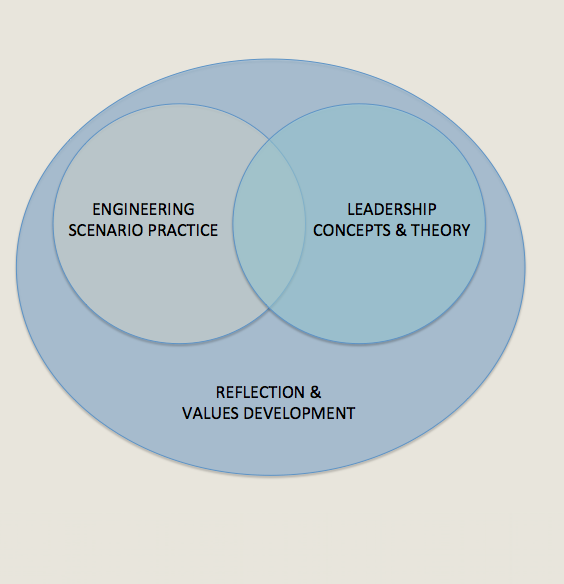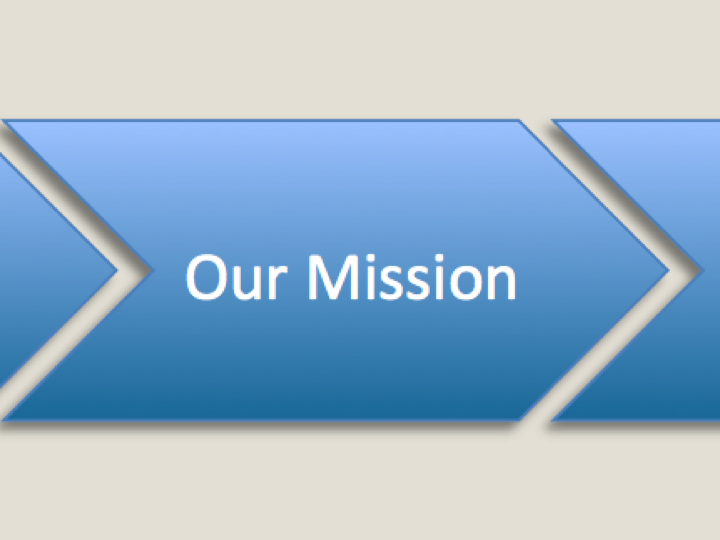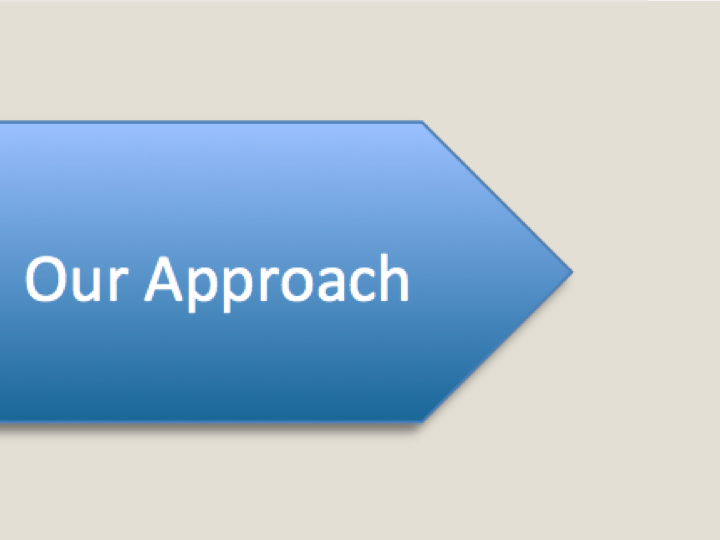
Engineering Scenario Practice: Developing engineering leadership capabilities requires practice, reflection and refinement. While underlying theory is important and is covered in other aspects of the program, GEL's Engineering Leadership Lab provides a "practice field" that serves as the core of our students' leadership development experience.
In weekly ELLs, students engage in immersive activities that are designed to challenge their assumptions and develop their leadership skills. They have the opportunity to lead their peers as they grow and learn in their teams. Each ELL focuses on one or more of the Capabilities of Effective Engineering Leaders. Practicing engineers often serve as role-players and share real-world experiences to stimulate discussion.
Engineering Leadership Concepts & Theory: GELs are exposed to the fundamentals of leadership theory. As the program progresses, they learn specific tools and frameworks that are relevant to topics such as ethical decision-making, project engineering, and systems thinking.
Reflection and Values Development: Reflection is integral to GEL program. Both inside and outside of class, students are guided through reflection and self-assessment on their own performance and ways to improve. We encourage (and challenge) GELs to embrace the development of their own personal core values.
A Focus on Self-Efficacy
GEL's rigorous program of indirect assessment (at the cohort level) focuses on the change in students’ confidence in their ability to perform specific leadership tasks before and at the end of the program. The gains in student confidence cover a range of tasks that students practice in GEL, including their ability to organize teams. Comparative data supports the view that the program has an independent and consequential effect on leadership capabilities.




